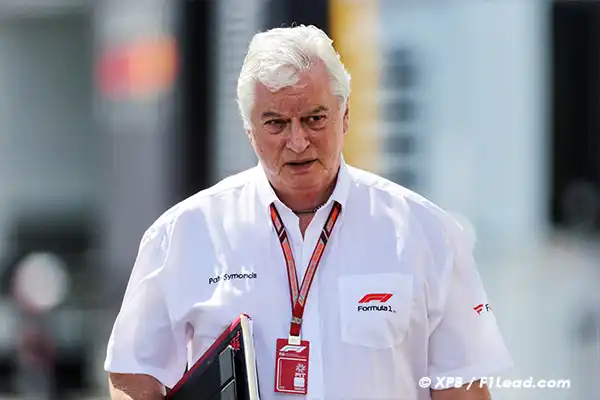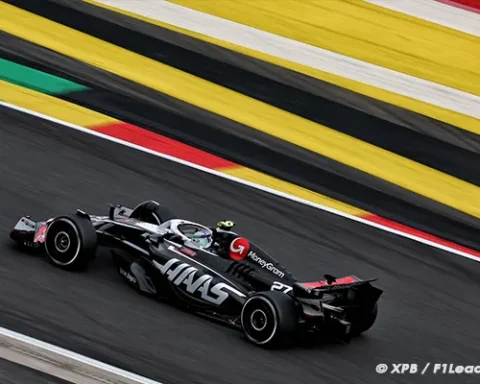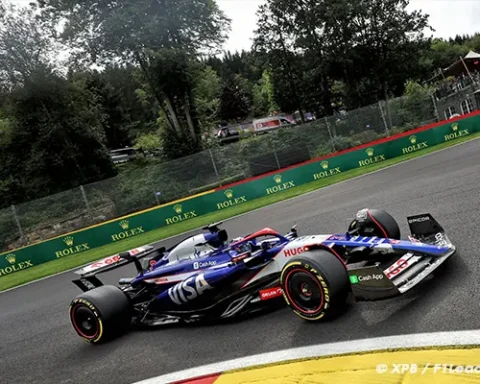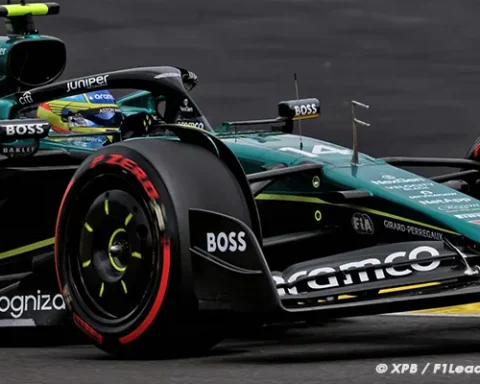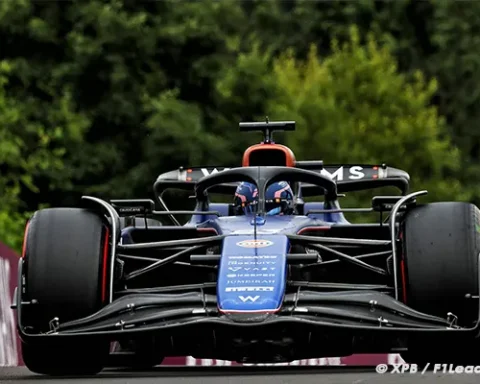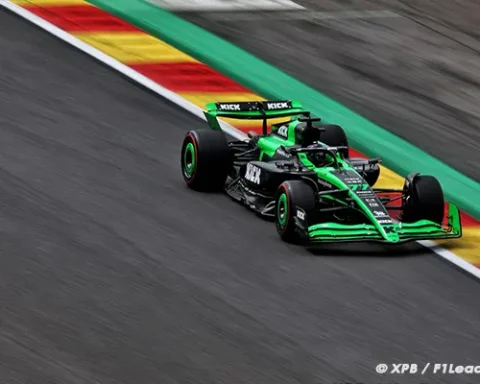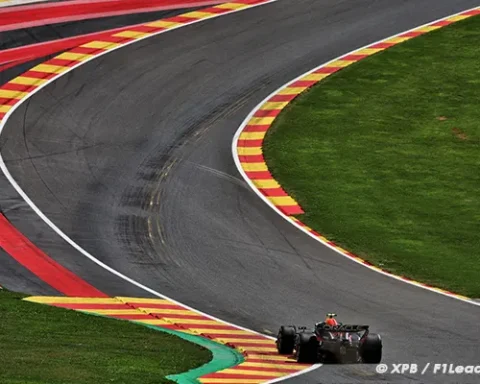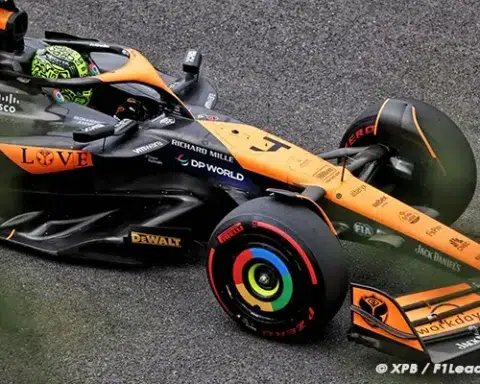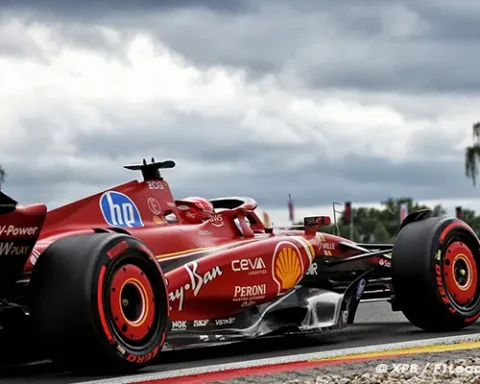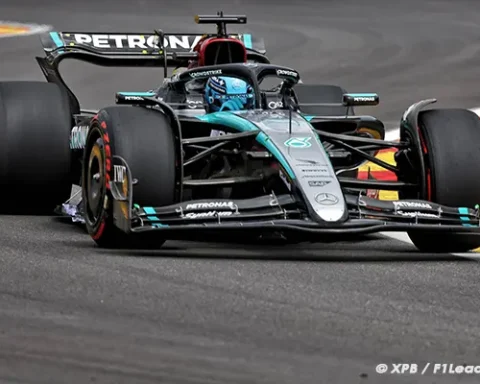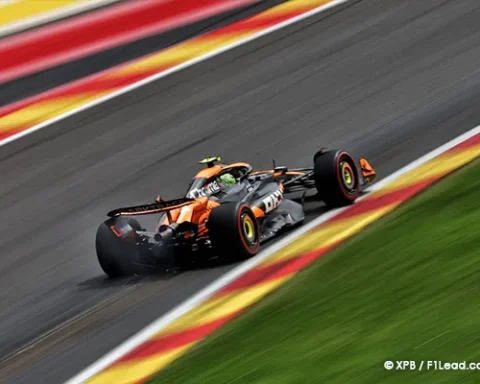Pat Symonds praises the cost cap as crucial for F1, highlighting its pivotal role in ensuring the sport’s financial sustainability.
Formula 1’s Technical Director, Pat Symonds, has praised the cost cap regulation, stating that it is “fundamental” for the sport’s long-term future.
The cost cap rule was introduced before the 2021 season, specifying that teams could spend only $145 million over the year.
This amount decreased to $140 million in 2022 and $135 million in 2023, with adjustments made to account for inflation and the expansion of the calendar beyond 21 races.
Symonds credits the cost cap with having bolstered the financial standing of teams in the sport.
“We talk a lot about the 2022 car and how it has improved racing and everything we’ve done, but the budget cap hasn’t received the recognition it deserves. Yet, it is fundamental for the future of Formula 1.”
“I remember it well, my last team was Williams, where we managed as best we could with a limited budget.”
“In fact, shortly after I left Williams, they could no longer sustain themselves on a limited budget alone. They had to sell, and they weren’t alone. Teams were really struggling to survive.”
“In seven years, we have transformed these teams, and they now all have a total value of at least half a billion dollars, which is quite impressive. And this is largely due to the budget cap.”
Symonds also credited the new cost cap for power unit manufacturers as having encouraged constructors to join the sport for the 2026 season.
New power unit regulations will come into effect in 2026, featuring the introduction of sustainable fuels, increased electrification, and the elimination of the complex MGU-H system.
Six power unit manufacturers have signed on to the upcoming regulations, including Ferrari, Mercedes, and Renault.
The brand-new Red Bull Powertrains division has attracted Ford as a power unit partner, and Audi will make its F1 debut in 2026 with an all-new power unit as part of its acquisition of Sauber.
Honda completes the list by returning as part of a factory agreement with Aston Martin F1, also in 2026.
“It’s technology at a reasonable cost,” says Symonds.
“Now, when you talk to manufacturers, they say, ‘yes, actually, it’s interesting technology and it’s not at an absurd price.'”
“We don’t need to invest hundreds and hundreds of millions of dollars, but we can develop areas that interest us and showcase them in F1.”
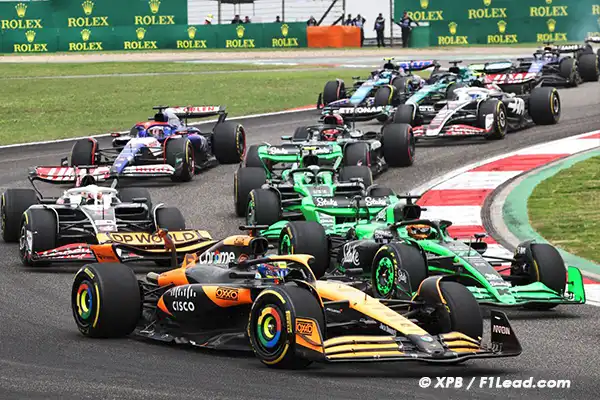
F1’s Cost Cap: Symonds Hails Key to Sport’s Future. F1’s Cost Cap: Symonds Hails Key to Sport’s Future
- ReadMore>F1 and MotoGP Merge: Complex Yet Promising
- Following us on Facebook and Twitter
